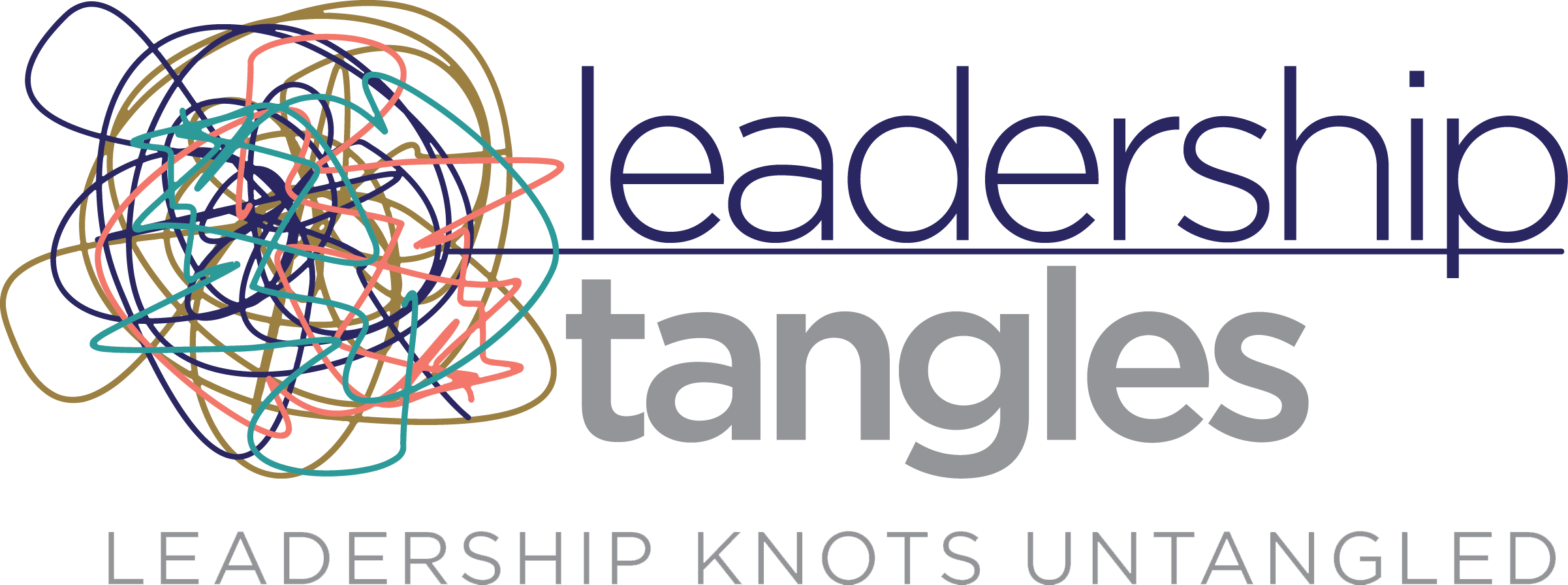 Most professionals -- doctors, lawyers, dentists, and psychologists - are regulated by a written code of ethics. These standards dictate minimum, not optimal standards for purely ethical behavior. For example, even though an attorney can represent both a husband and wife in drafting a marital settlement agreement, a highly ethical attorney would not consider this course of action because it is not in the best interest of both parties. Even with strong rules of conduct, there are always gray areas and professionals often have to make hard choices.
Most professionals -- doctors, lawyers, dentists, and psychologists - are regulated by a written code of ethics. These standards dictate minimum, not optimal standards for purely ethical behavior. For example, even though an attorney can represent both a husband and wife in drafting a marital settlement agreement, a highly ethical attorney would not consider this course of action because it is not in the best interest of both parties. Even with strong rules of conduct, there are always gray areas and professionals often have to make hard choices.
Business leaders also have to make hard choices, particularly in a tough economy when the pressure for profitable business intensifies. However, the drive for profits can lead to behavior that sabotages even minimum standards of decency. Here are three common choices.
Product Safety versus Profits
While traveling in Taiwan for business in mid-September 2008, the international headlines screamed about the melamine poisoning in baby milk formula. According to the January 13 Asia Pacific edition of the New York Times six infants have died and nearly 300,000 became ill after ingesting Sanlu products.
It turned out that businessmen, eager to make more of a profit, added melamine to milk in order to raise the protein content. That milk was then made into milk powder. Sanlu Group executives apparently knew about the tainted milk, but did not remove the product until it was too late. To date, 60 people have been arrested. And untold numbers of Chinese babies may grow up with kidney problems. Sanlu Group made good profits, but at what price?
Product Quality versus Profits
We receive two daily newspapers, the Wall Street Journal and the San Francisco Chronicle. For the past week, I have noticed that papers shrinking noticeably in size. On some days, the San Francisco Chronicle combines the sports and business sections into one. I know that the newspaper business is in trouble.
However, as a consumer, it is clear that I am getting less news for my dollar. I have held off receiving all of my news from news feeds. I am told by Bea Fields, an expert in the Millennial generation, that those under 35 only get their news from online sources. While I want to support our newspapers, I wonder what choices are being made at the management level with regard to product quality versus profit.
Quality Service versus Profits
A few years ago, I was hired to lead change management efforts for a major high tech company. My team was brought in to work side by side with consultants from one of the large accounting houses. A common joke among seasoned consultants is that the large consulting firms drove a bus to Ivy League MBA graduations, loaded it up, and then placed these smart, but inexperienced MBA's on large client projects. The new associates learned on the client's nickel, or should I say, dollar. While smart and polished, I witnessed these consultants lock themselves up in conference rooms for hours and produce reams of "deliverables" that bore no relationship to what was going on in the client's project. The consulting firms collected hefty fees, and no doubt made a large profit. However, how ethical was their behavior?
As a leader, you have to live with the consequences of your choices. And your management teams and employees also have to live with these choices. It is my experience that individuals within companies that are sabotaging quality for profits often know about the choice. And, depending on the organizational culture, they either turn a blind eye, or live with the pain that comes with selling out. That leads to what I call tangles.




